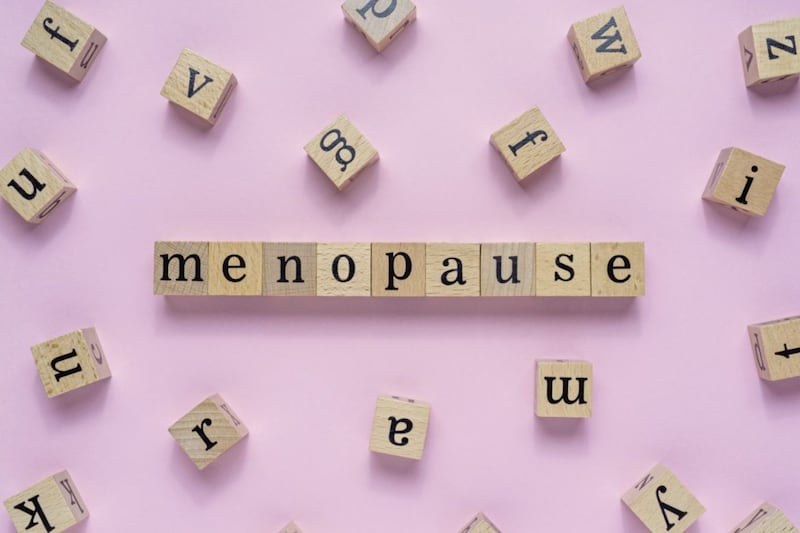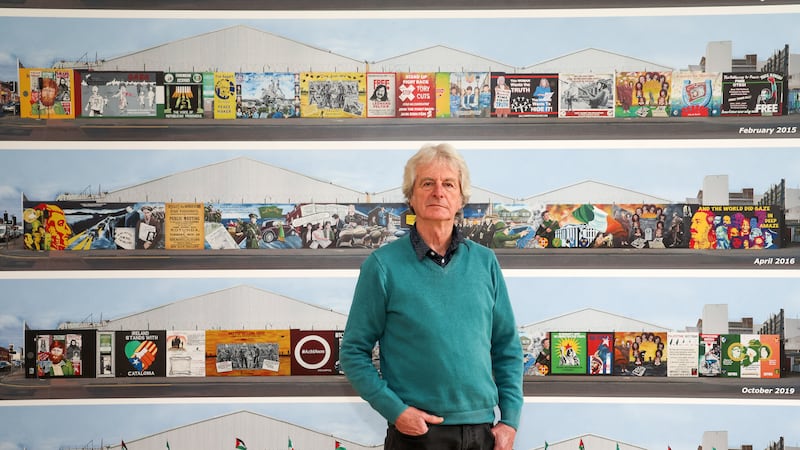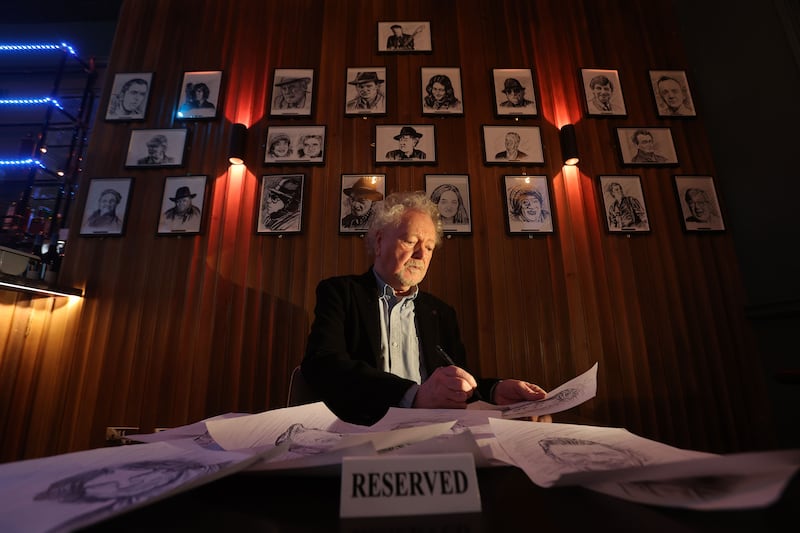THE more I hear about it, it feels like a train is hurtling towards me, on a collision course. It can't end well, can it?
There doesn't appear to be a positive side to the experience at all. Just like other women have done, I will have to get on with it and embrace menopause when it's my turn.
A recent Channel 4 documentary presented by Davina McCall generated a lot of conversation about menopause, particularly on social media. After the programme, I saw thread after thread of women sharing their experiences, offering each other advice, and virtually screaming that the stigma had to be smashed.
Why is there a stigma around menopause? Anytime I heard the 'M' word when I was growing up, it was in a whisper, or an inaudible grunt.
I often heard menopause referred to as 'The change of life' (again, only ever in a whisper). It was shrouded in secrecy and negativity.
I honestly hadn't given it much thought until I read those Twitter conversations. I tend not to look too far into the future, but these exchanges were a wake up call for me. This isn't too far away. What should I be doing to prepare? Can I do anything?
Even though I am not menopausal myself (at least I don't think that I am), I decided that I needed to try to continue the conversation, so I had a discussion on my radio show.
It turned out that the woman who had directed the Channel 4 documentary was a former BBC colleague who is the same age as me.
Linda B Sands described the reasons why she wanted to work on the doc and the questions she wanted to ask, because, like me, she hadn't given menopause much thought until now.
As I listened to another contributor describe many of the 35 - yes, 35 - symptoms of perimenopause, I thought yes, that's me, as I counted through them.
How do we know if we're perimenopausal? Apparently, I'll know when it happens – whatever that means. But I felt on the periphery of this conversation, of the experience, because as yet, it is not my reality.
The negativity around menopause stems from the fact that the process heralds the end of a woman's fertility. This suggests that a woman's only purpose in life is to have children, the absurdity of which demands the negative stigma to be called out.
The Chinese look at menopause as , the start of a new life – a sign of wisdom. We have a lot of work to do before we get to that point. One reason that older women should be respected is that they have much wisdom to offer younger generations.
High profile women like Jo Whiley, Sara Cox, Gabby Logan and many others publicly spoke of their menopause experience around the time of the Channel 4 documentary. Louise Minchin from BBC Breakfast has been vocal about it before now as well.

I look at these women and wonder how do they look so well, how on earth are they keeping it together? In a strange way, even though they are being honest about their experience, it still wasn't connecting with me, because they are just 'famous' people.
That missing connection, and injection of realism, was made recently when the BBC health correspondent Marie Louise Connolly weighed in with her menopause experience.
We have come to depend on this woman's analysis, her voice, her tone as she has become one of the most trusted voices which is guiding us through this pandemic.
Marie Louise's early morning tweet revealed that she was hot, anxious, exhausted but couldn't sleep. This experience resonated with many other well-known local women who in turn relayed their menopause experiences. The floodgates opened.
I saw many men weighing in on the social media discussion which ensued, telling of the experiences of their wives and partners, and how this public conversation was both welcome and necessary.
While it is important for families to have a fuller understanding of how menopause affects women, the correct medical care and advice for menopausal women is also necessary, as is some sort of official acknowledgement of menopause in the workplace.
There are two menopause clinics in Northern Ireland. Both are oversubscribed. Continuing the conversation alone will not ring the changes in the system that are needed to provide essential medial supports to menopausal women.
We need more. Time to stop suffering in silence.









